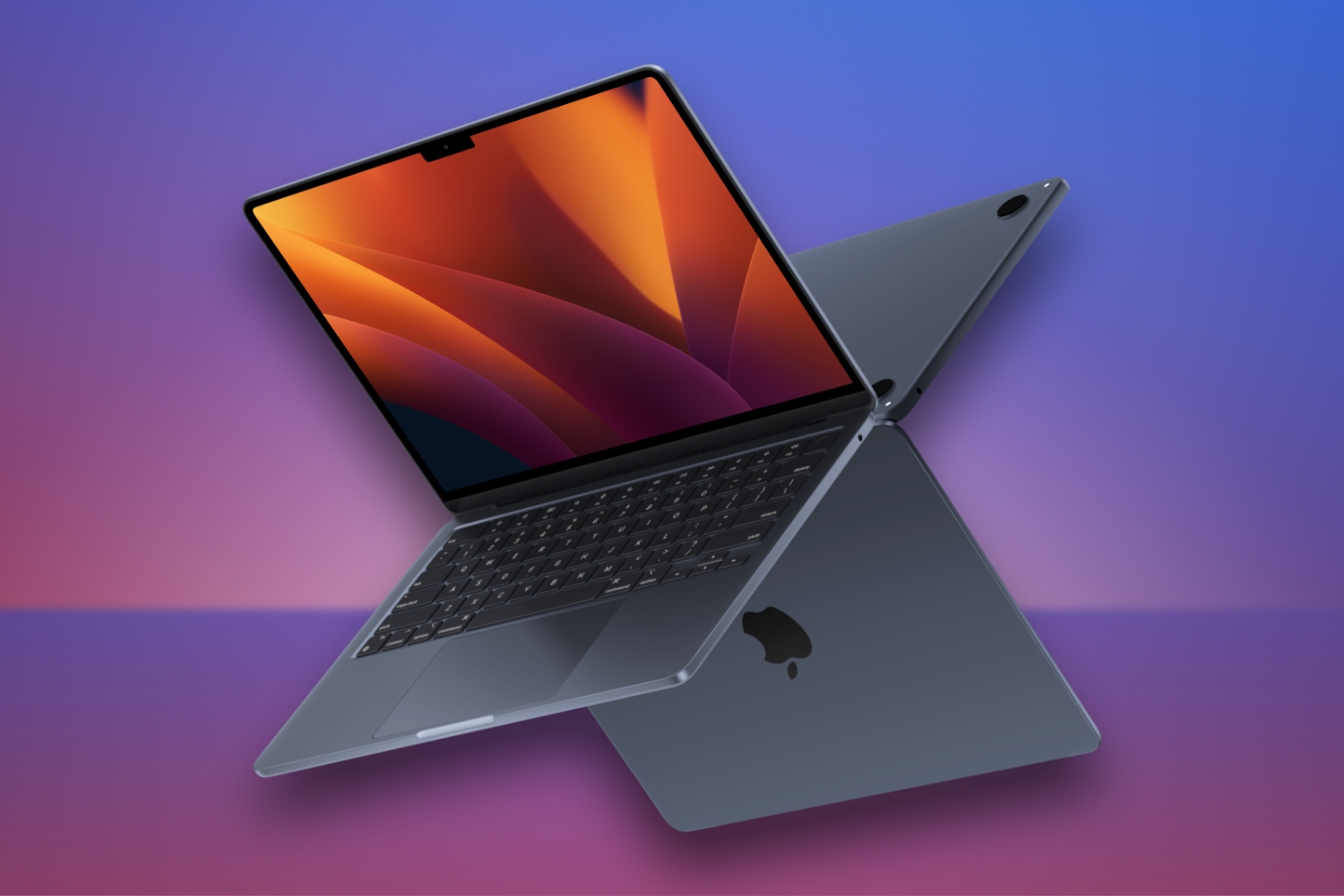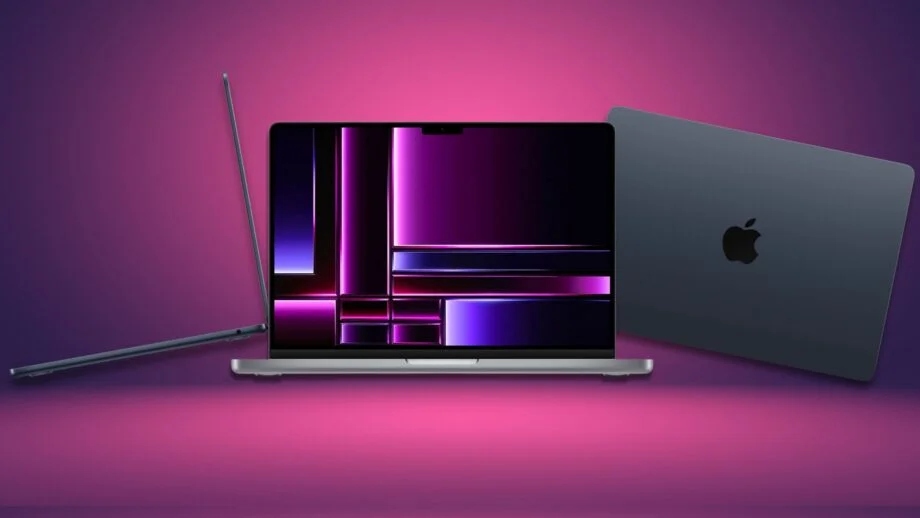Comments
- No comments found

A MacBook may be slow when waking up due to various factors.
When a MacBook goes to sleep, it enters a low-power state, preserving resources but storing the current state in RAM. Upon waking, the system must restore these processes and data, which can be delayed if there are numerous or resource-intensive applications running. Additionally, background processes, startup items, or outdated software may contribute to sluggish wake-up times. Insufficient RAM, a nearly full storage drive, or third-party applications running inefficiently can also impact performance. Users may address the issue by closing unnecessary applications, updating software, ensuring sufficient free space on the hard drive, and adjusting system settings.
Using the Sleep function is a great way to preserve your Mac’s resources and resume what you were working on. The problem with putting a Mac to sleep is that sometimes it might end up not working the way it should. In fact, it might be very difficult for your Mac to resume work and it will take a lot of time.

It always depends on the type of work you are doing, the machine you are using and so on. So there are plenty of factors at play that you need to take into consideration. For example, as you use the device, the battery might drain to the point where there’s no battery at all if you keep it in Sleep mode for a long time. That’s why Sleep is a function you only want to use from time to time, when you know you will resume working almost instantly.
Another reason is that you might be switching to hibernation mode. When that happens, the MacBook will not be very fast at waking up. In some cases, your device might also be damaged. If you were keeping the device in Sleep mode, that might be an issue. You want to ensure that you prevent any issues, so protect your Mac from any type of damage.
There could be several reasons why a MacBook might be slow when waking up from sleep or standby mode. Here are some common factors that could contribute to this issue:
When a MacBook wakes up, it may need to resume various background processes and tasks that were paused during sleep. If there are numerous applications running or if some processes are resource-intensive, it can lead to a slow wake-up time.
Applications and processes set to launch at startup can contribute to delays when waking up. If there are many startup items, it may take longer for the system to become fully responsive.
Running outdated software, including the operating system (macOS), can lead to performance issues. Keeping the system and applications updated ensures that you have the latest improvements and bug fixes.
If your MacBook has insufficient RAM, it may struggle to handle multiple processes simultaneously, causing delays when waking up. Consider upgrading the RAM if your MacBook supports it.
Sometimes the system junk might prolong how much it takes your MacBook to wake up. It’s certainly a possibility because these situations are always depending on the device and how maintained it is. If you rarely use a Mac cleanup tool, then it can be very difficult to wake up the device. At some point, all that clutter will end up making your device not working the way it should, so keep that in mind.
For example, the MacBook might be working, but the screen brightness is turned so down that you can’t really see anything. Either that, or the MacBook battery is drained and it doesn’t work anymore the way it should at least.
In some cases, if you connect peripherals, there might be a chance they are draining the device of most of its resources. With that in mind, it can also be related to device damage. As we said earlier, if your MacBook is damaged in any way, it might end up malfunctioning and won’t get back out of sleep or hibernation mode. Either that, or it takes a long time to do that.
Regardless of the situation, you always want to check the state of your device. Make sure that you check not only the software and perform optimizations, but also the hardware as well. If the device is damaged, the battery is drained and so on, all these things can be extremely difficult to deal with. Addressing that is not going to be simple, but a Mac cleanup tool and maybe a trip to the Genius Bar might help you solve the issue if it becomes severe.
If your MacBook's storage is nearly full, it can slow down overall system performance, including wake-up times. Ensure that you have enough free space on your hard drive or consider upgrading to a larger one.
Some third-party applications may not be optimized for macOS, and their background processes might impact the wake-up performance. Try identifying and closing any unnecessary or problematic applications.
Check your Energy Saver settings in System Preferences. Adjusting settings related to sleep and wake-up can sometimes improve performance. For example, you can experiment with extending or reducing the standby delay.
In some cases, hardware issues such as a failing hard drive or other components could contribute to slow performance. Running hardware diagnostics or seeking assistance from Apple Support may be necessary.
Leave your comments
Post comment as a guest